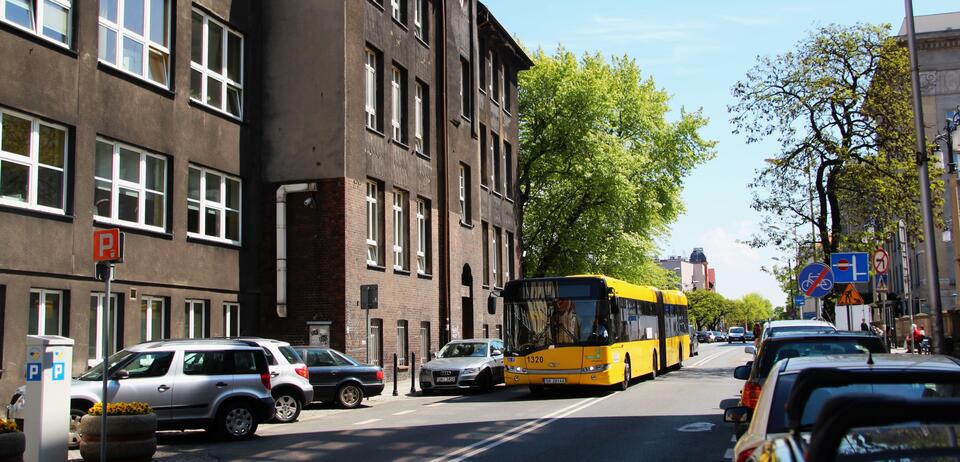This year’s local government elections in the Silesian Voivodeship has brought, apart from the enormous polarization of the political scene, a defeat of the Silesian Autonomy Movement (RAŚ) which is known as Silesian Regional Party. “The Regionalists” who won more than 50 thousand votes, failed to get any mandate to the regional assembly, thus ending their eight-year period of having joint control of the voivodeship.
When in 2010 the representatives of the Silesian Regional Party won their place in the elections to the regional assembly of the Silesian Voivodeship, the organization was perceived very differently: some regarded them as dangerous separatists, others as political pushovers who would agree to co-manage the region at a low price. Civic Platform (PO), which at that time formed a coalition with the Silesian Regional Party in the assembly, entrusting cultural area to its management, was sure that it had made a great deal of business.
Jerzy Gorzelnik and his organization, on the other hand, did not dream of anything else but having an influence on the functioning of the cultural bodies of the Silesian Voivodeship. Some publicists, including Piotr Semka, called it „a long march of the Silesian Regional Party through a cultural institution” or directly a new Kulturkampf. It turned out very soon how accurate were these terms.
For eight years the Silesian Regional Party relentlessly wanted to prove „the separation of Silesia from Poland”, showing a naive sentiment to everything that is German. There were many examples of this type of activity, and the autonomists were supported in their work by the local media and numerous scientific circles.
Even some institutions of the Polish state seemed to understand the motivation of the autonomists, constantly repeating how Poland has been harming the Silesians since 1945, starting the „Silesian occupation” with the „Upper Silesian tragedy” and the closure of the autochthons in the „Polish concentration camps”. Had it not been for the „ethnic purges” carried out - in the opinion of the Silesian Regional Party - by the Polish authorities, without an order and without the consent of the Soviets, we would still live in a multi-cultural country. However, in the statements of the Silesian Regional Party we can also find an opinion that it was a continuation of the pre-war weeding out of Silesian character only in a much more brutal way, of course. The Polish post-war authorities conducted a strong nationalistic policy, and the camps were part of this policy.
This is one of the examples of rhetoric employed by the Silesian Regional Party, often accompanied by glorification of the German Wehrmacht, negation of the Silesian uprisings and the above mentioned sentiment, even worship of everything that is German.
With great perseverance, the Silesian Regional Party began a peculiar change in the history of Silesia. Few dared to oppose, few anticipated the threat of separatism. The subject of autonomists began to take on a national dimension; when their hostility towards the Polish state broke through to the national media, the problem was noticed, although it was often underestimated. The problem was never noticed by the coalition partner of the Silesian Regional Party in the Silesian Assembly - Civic Platform
The autonomists managed to drown out their aggressive attitude towards the Polish state with slogans about pre-war autonomy, which they supposedly wanted to restore. An illusory economic calculation, according to which „Warsaw will stop taking” the income earned in Silesia, etc.
Has the time of the Silesian Regional Party come to an end? Politically, most probably it has. Five years outside the regional assembly will be very difficult for the association. However, the Silesian Regional Party has already gained considerable achievements in the cultural war with Poland. It has come a long way through the cultural institutions which it governs today through its representatives and will probably do it’s best to maintain this state of possession. They will not give way in their support of the environments, which so far have tirelessly supported the Silesian Regional Party, even though the shock after the defeat is probably great, it is difficult to admit defeat, and how to explain to oneself that the Silesians did not trust the vision of autonomy and universal prosperity in it?
Andrzej Krzystyniak
Publikacja dostępna na stronie: https://wpolityce.pl/facts-from-poland/420333-a-decay-of-the-anti-polish-separatism-in-silesia
Dziękujemy za przeczytanie artykułu!
Najważniejsze teksty publicystyczne i analityczne w jednym miejscu! Dołącz do Premium+. Pamiętaj, możesz oglądać naszą telewizję na wPolsce24. Buduj z nami niezależne media na wesprzyj.wpolsce24.






